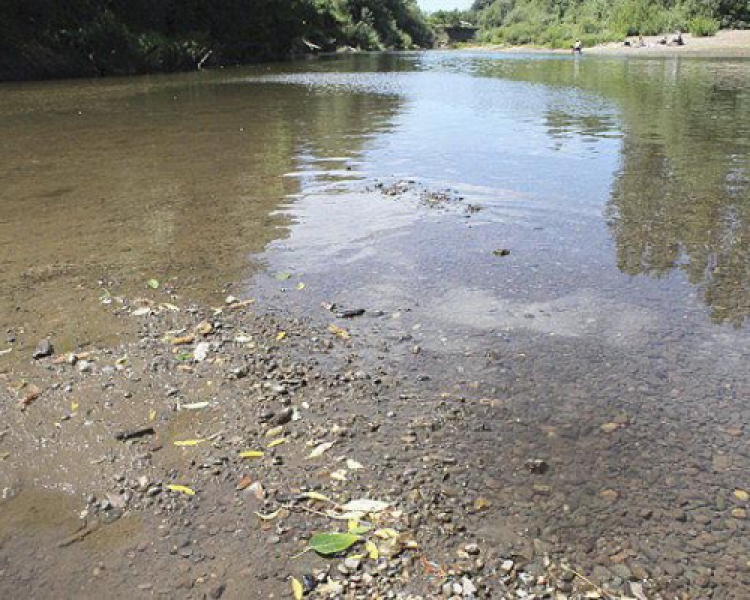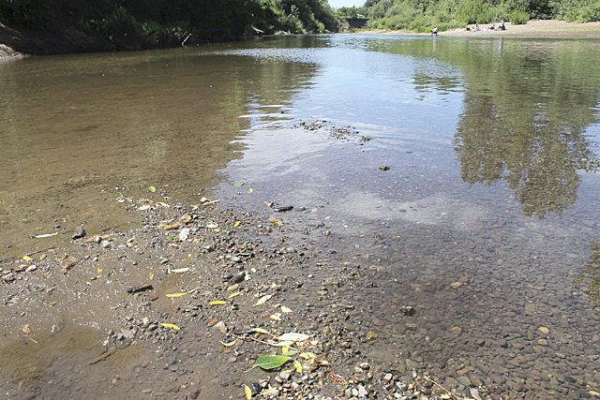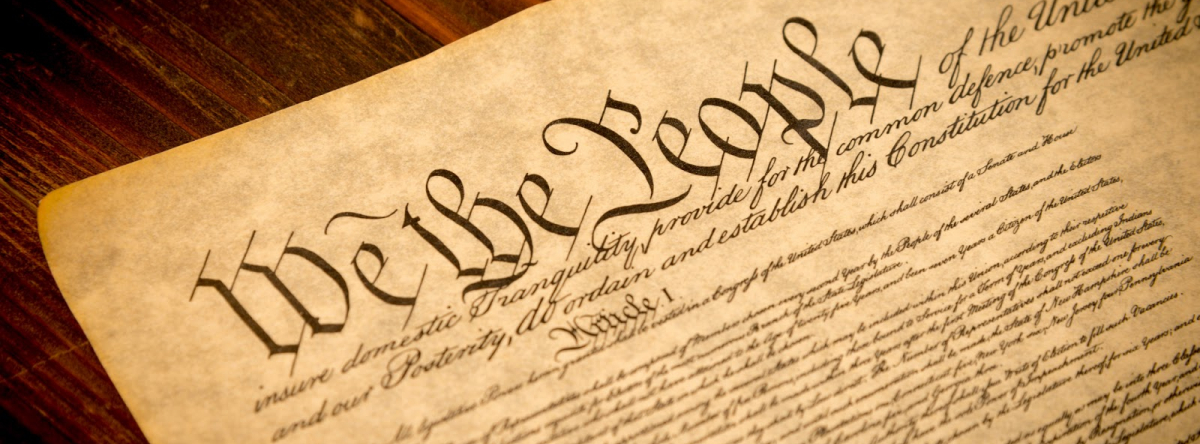By Don Jenkins Capital Press - Jun 21, 2019
The Washington Department of Ecology has appointed public employees to represent agriculture on committees that will chart the future allocation of water in seven river basins, upsetting the Washington Farm Bureau, which says the seats were reserved for farmers.
Environmental groups such as the Sierra Club and the Center for Environmental Law and Policy are on the committees. To represent agricultural interests, Ecology picked staff members from conservation districts or King County's agriculture program.
"They do know ag from a certain perspective, but they are not advocacy organizations for agriculture," Farm Bureau CEO John Stuhlmiller said Thursday. "Farmers are not at the table, and this was supposed to protect the interest of farmers."
The Legislature created the committees in 2018 as part of the "Hirst fix," named for a state Supreme Court ruling. The deal reopened rural Washington to new wells, in exchange for restrictions on household water consumption, new fees and more water and habitat for salmon.
The fix applies differently to different parts of the state. In eight of the state's 49 watersheds, Ecology has set up "restoration and enhancement committees" to write plans to benefit fish and make up for new wells.
The plans are due June 30, 2021, and could affect water rights, groundwater withdrawals, domestic wells and the use of floodplains.
The committees include tribes, counties, cities, builders, environmentalists and, according to the law, "a representative designated by a local organization representing agricultural interests."
Ecology issued a statement Friday saying the committees are working to "capture the range of perspectives."
"Our committee member selection approach was designed to maximize inclusiveness of local expertise, increase opportunities for local entities to participate in selecting representatives, and establish committees quickly so that they could begin their important work," according to Ecology.
The statement took language from a letter Ecology Director Maia Bellon sent in January to Republican senators concerned about whether agricultural interests were being represented.
One of the senators, Judy Warnick of Moses Lake, said Friday she was disappointed by Ecology's response.
"The intent was to include farmers, someone who represented farmers or farmers themselves. We felt this was very important to protect agricultural interests," said Warnick, the top-ranking Republican on the Senate agriculture committee and a leading negotiator of the Hirst fix.
"Conservation districts do a great job working with farmers, but they are not free to represent policy issues important to farmers," she said.
Ecology put a member of the of Mason-Kitsap County Farm Bureau on a watershed committee after a conservation district withdrew.
Stuhlmiller said he tried to get Ecology to appoint a Farm Bureau member to at least one other committee, but was rebuffed.
"I was hot," he said. "You cannot misinterpret the plain reading of the statute."
Conservation districts are assigned by state law to carry out agricultural and nonagricultural projects to prevent soil erosion, and protect fish and wildlife habitat.
Snohomish Conservation District manager Monte Marti, whose district serves on one committee, said staff members sometime wear a "salmon recovery hat," but also are dedicated to preserving agriculture.
No one organization, including conservation districts or the Farm Bureau, can claim to represent all farmers, he said.
"Sometimes we are asked to tell their story, be their advocates at forums because they can't be there. They're out farming," he said.
The seven watersheds are in King, Kitsap, Lewis, Pierce, Thurston and Snohomish counties.
Share This Post...











